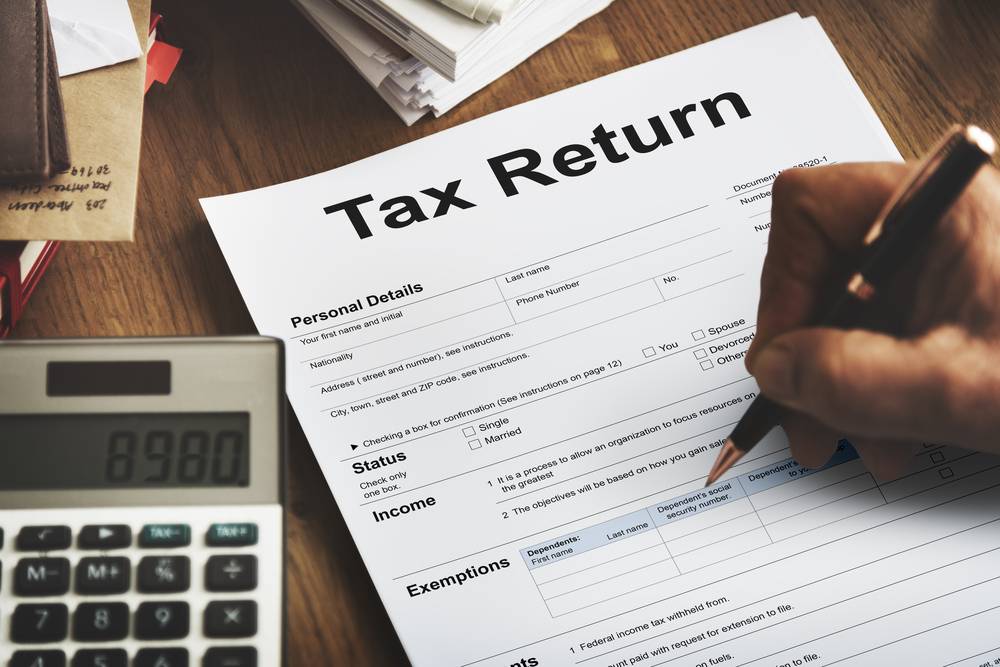Which ITR form you should file? – Types of ITR forms

Everything about Leave Travel Allowance – Rules, eligibility, tax exemption & latest updates
December 28, 2021
All about capital gain on sale of foreign shares
January 31, 2022Income Tax Return (ITR) is important to file and Income Tax Act, 1961 governs all the policies related to ITR filing. ITR itself is a form that helps taxpayers to provide the information related to earned income in an assessment year and the tax that is applicable on the same. There are 7 different types of ITR forms and many taxpayers get confused. This is why people prefer taking professional help in ITR filing. The experts of Inside Tax will be sharing the information related to different types of ITR forms with all the related terms and conditions.
Reasons to file ITR
It is important in the following scenarios:
- It is a mandate to file ITR when the gross income is more than the exemption limit or you have earned or invested in foreign assets.
- It helps in claiming an income tax refund.
- If you want to apply for a loan or visa
- If the taxpayer is a company (regardless of its scale and profit)
Types of ITR forms
-
ITR-1/SAHAJ
It is or individuals whose incomes includes the following components:
- Income as salary or pension
- Income earned from 1 house property
- Income from other sources excluding prizes won from a lottery or racehorses
- Agricultural income (maximum limit- Rs.5000)
Who can’t file ITR-1/SAHAJ?
- Total income is more than Rs.50 lakh
- Agribusiness income of more than Rs 5000
- If you have taxable capital gains
- If you make money from a job or a business
- Receiving money from multiple rental properties
- If you are working as a director of a company
- If you have unlisted equity shares in your portfolio
- If you are a resident, you may own assets (including foreign financial interests in any organisation), as well as signing authority in any foreign account.
- If you are a non-resident and not ordinarily resident (RNOR)
- Possessing overseas assets or receiving foreign income
- If you are liable for tax on the income of another person for which tax is deducted in the other person’s hands.
-
ITR-2
It is used by an individual or HUF whose total income is more than 50 lakhs including salary, pension, income from house property and other sources (consisting of winnings from lottery or horse races). This form can be used in the following conditions:
- If you are not an RNOR and non-resident during the financial year
- If you are a Director in a company
- In case if you have made some investments in unlisted equity shares
- Gains from capital investments
- Foreign Income/Foreign Assets
- More than Rs 5,000 as agricultural revenue
Who can’t use the ITR-2 form?
Any individual whose income includes income from business or profession (like CA, lawyer, doctor, etc.)
-
ITR-3
Individuals or a HUF whose income consists of income from business or profession. One should use this form in the following conditions:
- Earning from a business or profession
- If you are the sole director or partner in an organization
- If there are some investments in unlisted equity shares
-
ITR-4/ Sugam
This ITR form is used by individuals, partnership firms (excluding LLPs), and HUFs whose includes the following:
- Business or professional income as per presumptive income scheme under section 44AD, 44AE, and 44ADA
- Salary/pension up to Rs. 50L
- Income from property or other sources (excluding winnings from lottery and horse races) and it should not be more than Rs. 50L
Who can’t use the ITR-4 form?
- If the total income is more than Rs. 50L
- Earning income from more than one house property
- Own a foreign asset
- If you are a signing authority of any organization for a location that is situated outside the country.
-
ITR-5
This ITR form is used by firms, LLPs, AOPs, BOIs, AJP, Estate of deceased/insolvent, investment fund, & business trust.
Who can’t file the ITR-5 form?
People who require to file ITR under sections 139(4A), 139(4B), 139(4C), or 139 (4D)
-
ITR-6
Companies that are looking for options to file ITR and don’t want to claim an exemption under section 11 can use this ITR form.
-
ITR-7
Individuals and companies that need to file ITR under section 139(4A), 139(4B), 139(4C), 139 (4D), 139 (4E), or 139 (4F).
Want more information?
If you are looking for more information on tax and financial management, then you can contact the experts of Inside Tax. We are known for providing the best tips for tax saving, financial planning, and ITR filing services in Delhi NCR. So contact us anytime!




